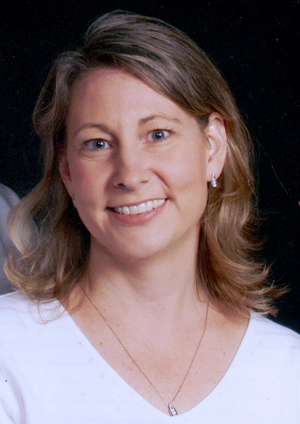Teens Transitioning to Adulthood: How Grown Are You?
Horizons in Hemophilia, March 2012
 By Betsy Koval RN, BSN, Emory/Children’s Healthcare of Atlanta, Hemophilia and Bleeding Disorders Clinical Coordinator
By Betsy Koval RN, BSN, Emory/Children’s Healthcare of Atlanta, Hemophilia and Bleeding Disorders Clinical Coordinator
This is part one of a three-part series on suggestions for helping teens shift to a more independent role in managing their bleeding disorders. In part two, social workers from Emory, Children’s Healthcare of Atlanta and Hemophilia of Georgia will give more tips for taking that big step from pediatric to adult care. In part three we will look at practical things you should know at the different treatment centers, such as where to park and who your new doctors will be!
What does it take to show you are ready to “man up” or “woman up” as a teen with a bleeding disorder? There are probably things that you already do to show that you are growing up: chores, school work and helping out in the community, to name a few.
How are you going to show your Hemophilia Treatment Team that you are ready to “move on” and learn how to be an adult with a bleeding disorder?
Well, the first step is showing what you know, the second step is doing it and the third step is demonstrating that you really care about this subject.
Knowing
- What type of bleeding disorder do you have?
- Who do you tell if you are having a bleeding problem?
- What is the name of any type of medicine that you might need to use?
- How much or what is the dose of the medicine you do use?
- Where does your medicine come from?
- You need to get emergency care for what type of injury?
- What office or doctor do you call for a bleeding problem versus a cough?
- What does RICE stand for?
- What should you have with you or on you at all times?
Doing
- Mixing up your own factor or medicine.
- Self infusion is a big step and most of you are doing this.
- Ordering your own medicine.
- Keep track of your bleeding and treatments (infusion calendars or bleeding calendar).
- Know when to call the treatment center and doing it (we want to hear the information first hand from you as you know exactly what is happening!).
- Knowing when you need your next appointment and making it.
- Establishing care with a regular doctor as you are more than just someone with a bleeding disorder.
Caring
What does that mean? How does this matter for my bleeding disorder?
Well part of growing up is showing that you care about others and yourself. If you want to get scholarships for college it can make a big difference if you demonstrate what you are doing for your community. Help out! This can be working with other kids who need help, including kids with a bleeding disorder and those without. Can you imagine the effect you might have on a kid who sees you being the “cool older kid,” someone who can do all of these neat things and still takes the time to help them refine a sport technique or learn to infuse? You never know what gifts you have to give unless you have someone with whom to share them.
Finally, it’s also a very big deal to show that you care about your own health! If you would like your parents to worry less, remind you less and talk less about what you should be doing – then start doing all of that on your own. How grown are you? Your actions show more than words!
